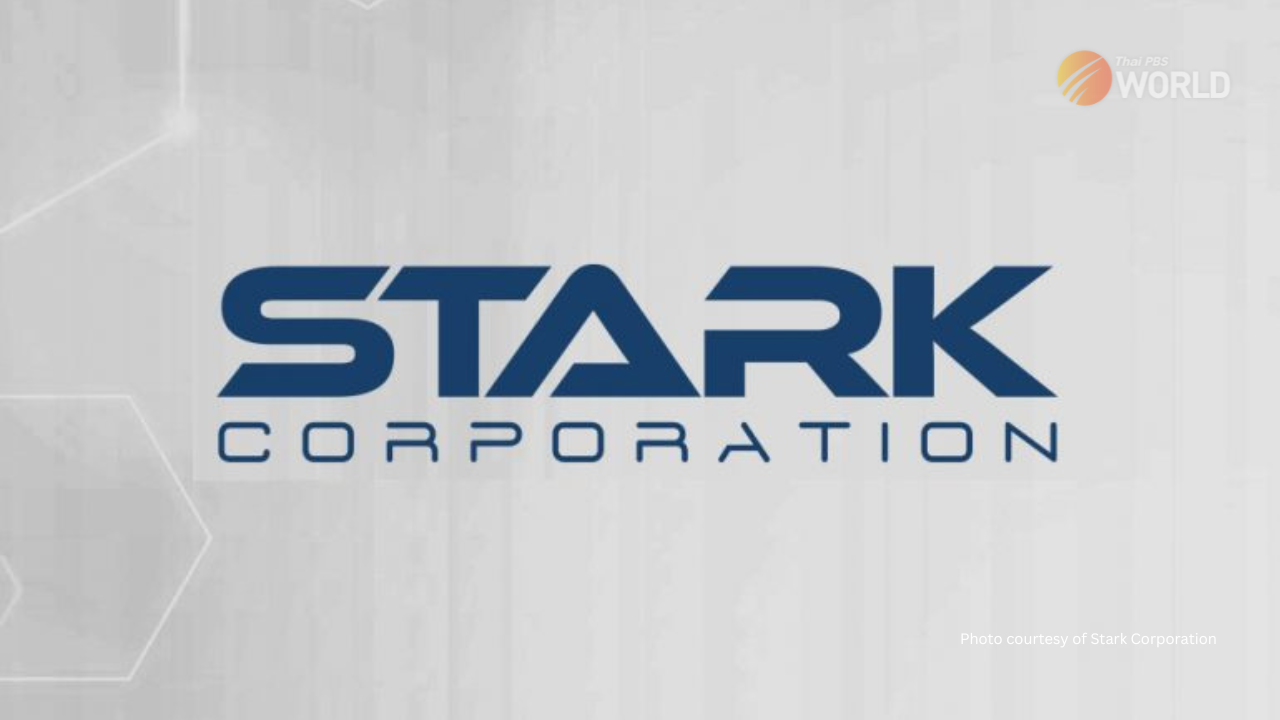2023’s top stories: Financial scandals took a toll on Thai stock market

Major irregularities at Stark Corporation, a wire and cable manufacturer, made headline news in 2023 and was undoubtedly the biggest financial scandal of the year with far-reaching impact.
Stark executives, board members and its subsidiaries were all allegedly involved in doctoring the company’s financial statement, engaging in fraud and money laundering. The executives allegedly overstated the company’s revenue, and now stand accused of misconduct and misleading stock and debenture investors. The financial damage is estimated at 14.78 billion baht and nearly 5,000 investors are victims of the fraud.
The scale of the fraud has been huge, prompting regulators and related organizations to review their own procedures.
Suspicious behaviour
In April this year, something appeared fishy when Stark’s executives quit, following which the company sought permission from the Securities and Exchange Commission (SEC) for a delay in submitting its 2022 financial statement.
Tris Rating Co, a local credit rating agency, in April downgraded the credit rating of Stark Corporation from BBB+ to BB- after the company sought SEC permission three times to delay submission of its financial statement.
The rating agency inferred that a shake-up of the executives and the board of directors suggested the company was facing a serious issue.
The SEC in May asked the company to explain its operations, as the watchdog suspected serious irregularities in its operations. The SEC demanded a special audit with an extended scope, which required one of the largest accountancy firms to participate in auditing the company.
Tris Rating in June further downgraded the credit rating of Stark to C. In the same month, Stark defaulted on the redemption of its debentures, which prompted Tris Rating to downgrade its credit rating to D.
Multi-agency investigation
As more bad information emerged, the SEC, the Stock Exchange of Thailand (SET) and nine other concerned organizations held a press conference on June 26, in a bid to restore market confidence in the Thai capital markets, which was shaken up by the Stark scandal.
The SEC in the same month asked the Department of Special Investigation (DSI) to investigate the scandal.
The SEC in early July filed a formal complaint with the DSI against six individuals, who were former and active executives and a major shareholder of Stark Corp, an industrial cable-maker, and four companies, for financial misconduct, ranging from doctoring financial statements, accounting irregularities and hiding information from the public regarding the sale of debentures.
The SEC has also submitted the case to the Anti-Money Laundering Office (AMLO) to consider impounding the assets of the accused.
Going after the suspects
Those named in the complaint included major shareholder Vonnarat Tangkaravakoon, former chairman Chanin Yensudchai and former chief financial officer Sathar Chantrasettalead, Adisorn Songkhla Company, Phelps Dodge International (Thailand) Company and Thai Cable International Company.
In December, the DSI filed charges against six individuals and five companies for alleged doctoring of financial statements, fraud and money laundering.
The DSI said it found that 4,704 persons were victims of the fraud with their combined financial losses estimated at 14.78 billion baht.
The DSI revealed that about 10 billion baht were transferred out of Stark to the accounts of its subsidiaries and some of the money had ended up in the pockets of the accused. The AMLO, meanwhile, is going after the assets concealed by the alleged wrongdoers.
Bane of backdoor listing
In response to the scandal, capital market regulators, the SEC and SET, have revised rules on backdoor listing of companies, which was previously less strict than the normal initial public offering procedure.
Stark Corporation was listed on the stock market through the backdoor via buying out Siam Inter Multimedia in 2019. Its financial statements aggregated revenue in later years.
Fabricated stories about the company’s bright prospects lured many retail investors to invest in its shares and corporate bonds. Surprisingly, even institutional investors fell victim to the hype.
This has raised questions on why institutional investors could not detect the irregularities earlier. The public is also questioning the competence and practices of professional accountants who audited the financial statements. Many critics are accusing law enforcement authorities of laxity and responding slowly to the fraud.
Though Stark Corporation is not a big-cap company, the fraud has had a wider impact and led to erosion of investor confidence in the market governance.
Other scandals
The Stark scandal was not the only one to test the oversight of the watchdog. The SEC also took legal action over the alleged manipulation of the share price of More Return Plc (MORE) early this year. The regulator in June filed a complaint with the Economic Crime Suppression Division and the AMLO against 32 individuals for their alleged involvement in the 800-million-baht share manipulation of MORE.
The financial scandals and the sluggish performance of listed firms have adversely impacted the SET Index, making the Thai bourse one of the worst performers this year.
By Thai PBS World’s Business Desk






